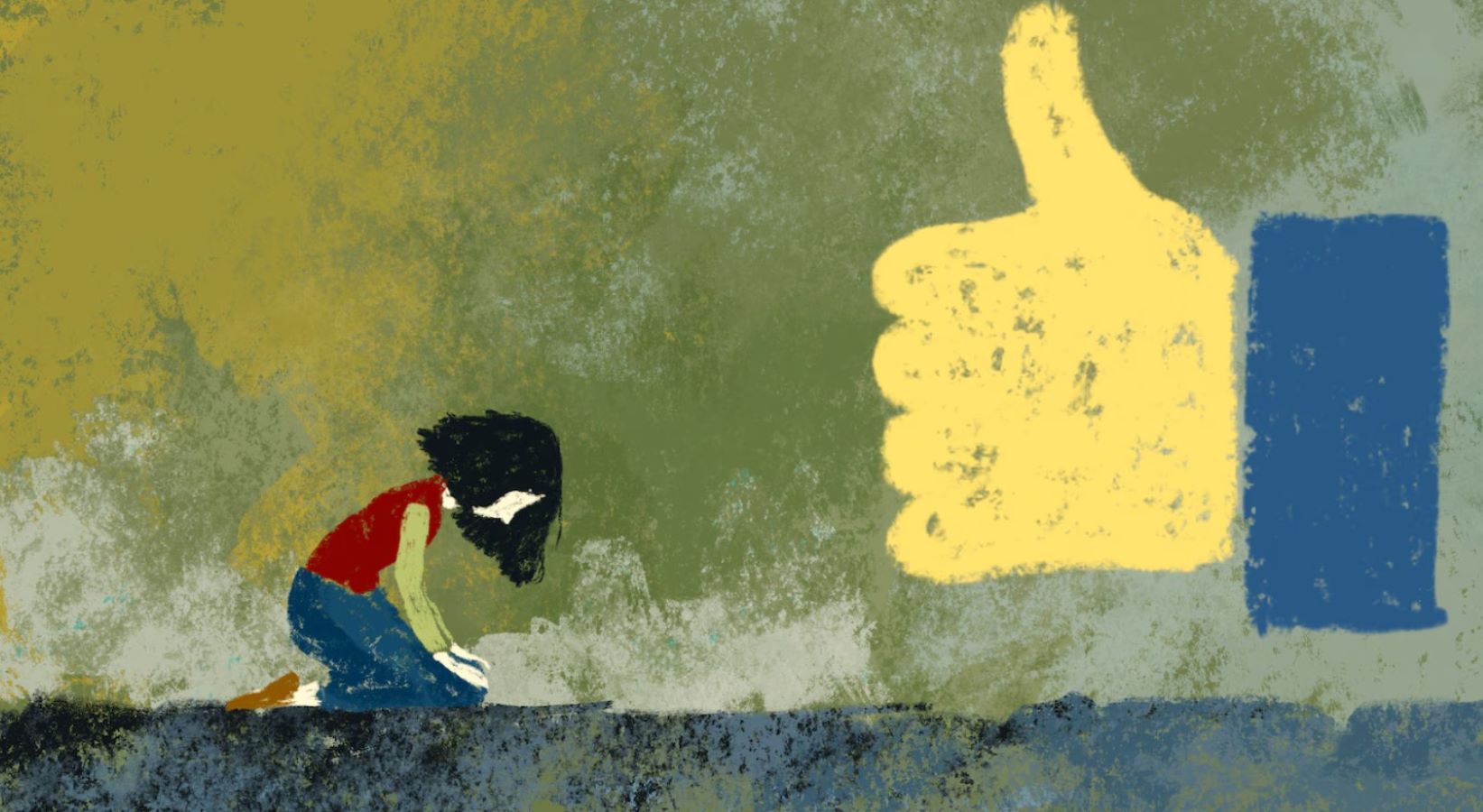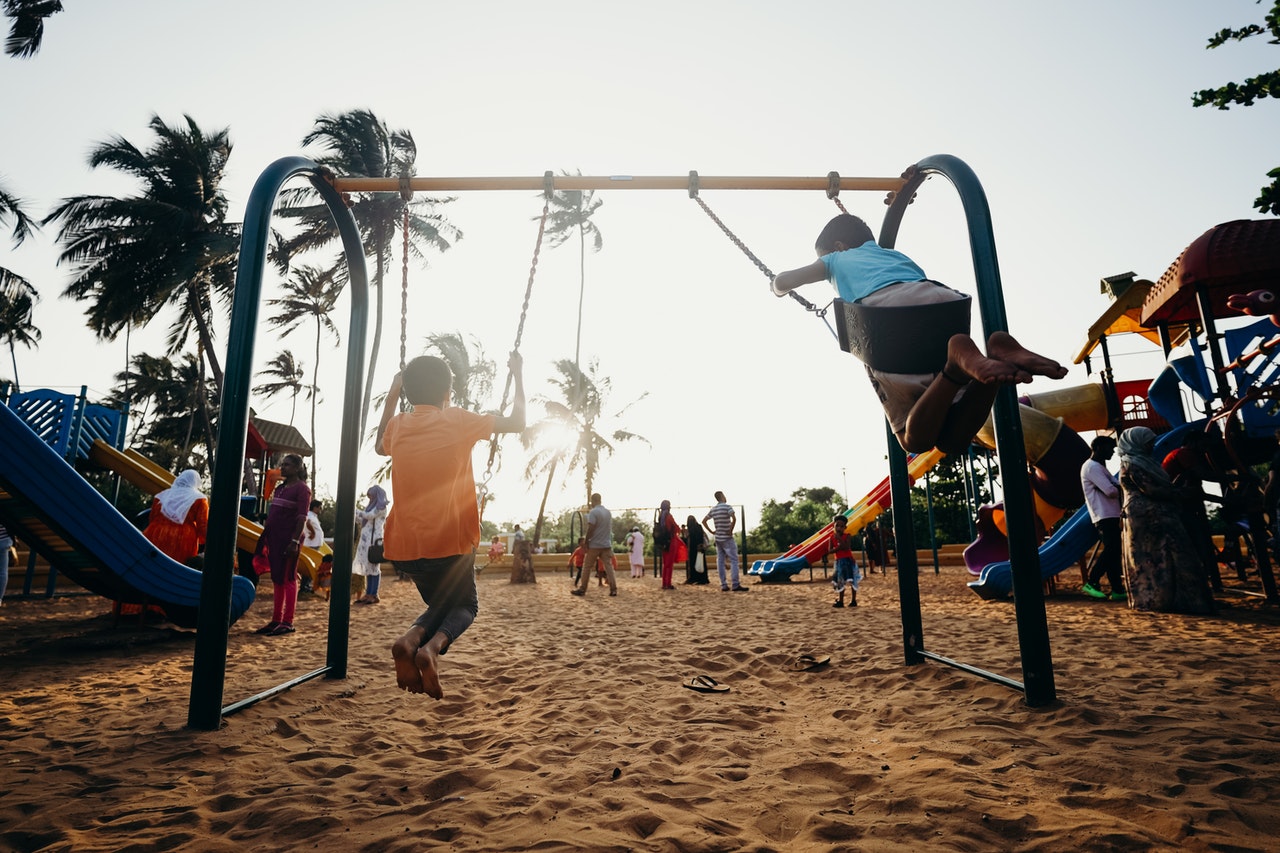For many new parents, the period after childbirth is a blend of joy and difficulty that is not always easy to put into words. The focus often falls on physical recovery or the baby’s needs, but the emotional and mental toll can be just as significant. And it is not only new mothers who face this challenge. Fathers and adoptive parents often feel it too. The combined weight of exhaustion, sudden hormonal changes, and the constant pressure to be a perfect parent can lead to serious conditions like postpartum depression (PPD) or postpartum anxiety.
In the US, conversations about mental health have grown, yet stigma still lingers. Many parents quietly carry the burden, unsure how to talk about what they are feeling.
Key Takeaways
- Postpartum depression and anxiety affect both mothers and fathers.
- Major triggers include sleep deprivation, hormonal changes, and social pressure to appear like a perfect parent.
- Many parents avoid seeking help due to stigma and fear of judgment.
- Common symptoms are sadness, irritability, anxiety, anger, or feelings of inadequacy.
- Recovery often involves therapy, medical support, and strong family involvement.
What is Postpartum Depression and Anxiety?
Postpartum depression is a mood disorder that goes far beyond the temporary “baby blues.” While the blues usually pass within a couple of weeks, PPD can last for months and feel much heavier. Symptoms may include ongoing sadness, extreme fatigue, irritability, and a loss of interest in once enjoyable activities. Some mothers also experience guilt, a sense of worthlessness, or even frightening thoughts of harming themselves or their baby. According to the Centers for Disease Control and Prevention (CDC), about 1 in 8 women in the US report symptoms of PPD.
Postpartum anxiety is another condition that often accompanies or overlaps with depression. Instead of sadness, it shows up as constant worry, fear, or even panic attacks. Parents may feel an uncontrollable urge to protect their child, even when the child is not in danger. Simple outings, such as leaving the house, can suddenly feel overwhelming. Together, these conditions can make parenthood feel much heavier than anyone might expect.
The Mental Toll on New Parents in the US
In American culture, the role of the new parent is often framed as joyful and rewarding, but rarely messy or overwhelming. Many mothers feel they must live up to that image and handle everything with a smile. Fathers and partners also feel pressure to remain steady, often keeping their own struggles hidden. Admitting to sadness, anger, or fear can feel like admitting to failure.
The problem is that this silence keeps many parents from realizing they are experiencing a real and treatable condition. Instead, they dismiss their emotions as exhaustion or part of the normal adjustment to parenting. Fear of judgment can make it easier to stay quiet than to open up to a doctor or therapist.
One of the strongest contributors to PPD and anxiety is sleeping deprivation. Newborns require constant attention, and the lack of rest wears down both body and mind. Without enough sleep, stress levels rise, patience decreases, and the ability to regulate emotions is reduced. This exhaustion is not just inconvenient; it can directly worsen mental health.
Finding Support and Help
Seeking support is often the turning point for recovery. Talking with a doctor or mental health professional can provide clarity and guidance. Treatments such as cognitive-behavioral therapy (CBT) have been shown to be effective, and in some cases, medication may also help stabilize mood and reduce anxiety.
Support groups are another important resource. Whether online or in person, they provide connection and reassurance that others are going through the same challenges. This sense of community can reduce the shame that often surrounds these struggles.
Families and partners also play an essential role. Even small gestures, such as helping with nighttime care, encouraging breaks, or offering a listening ear, can make a meaningful difference. Parents who feel supported are more likely to recover and less likely to feel isolated.
Postpartum depression and anxiety are far more common than most people realize. They do not reflect weakness or failure, but instead highlight how deeply demanding the transition to parenthood can be. With greater openness and support, more parents may find the help they need rather than suffering in silence.
Frequently Asked Questions
Q: What is the difference between “baby blues” and postpartum depression?
A: “Baby blues” are mild, short-term mood swings that happen in the first two weeks after birth. Postpartum depression is more severe and lasts longer, affecting a parent’s ability to function daily.
Q: Can fathers get postpartum depression?
A: Yes, fathers can also experience postpartum depression, often called paternal postpartum depression. Symptoms include sadness, fatigue, and withdrawal from family life.
Q: Is postpartum depression only caused by hormones?
A: No, it’s caused by a mix of factors including hormonal changes, sleep deprivation, stress, and previous mental health history.
Q: What should I do if my partner seems to be suffering from postpartum depression?
A: Encourage them to see a doctor or a therapist. Be supportive and help with baby care and household chores to reduce their stress.
Q: How common is postpartum depression in the US?
A: According to the CDC, about 1 in 8 women experience symptoms of postpartum depression in the US. The actual numbers might be higher since many cases go unreported.






